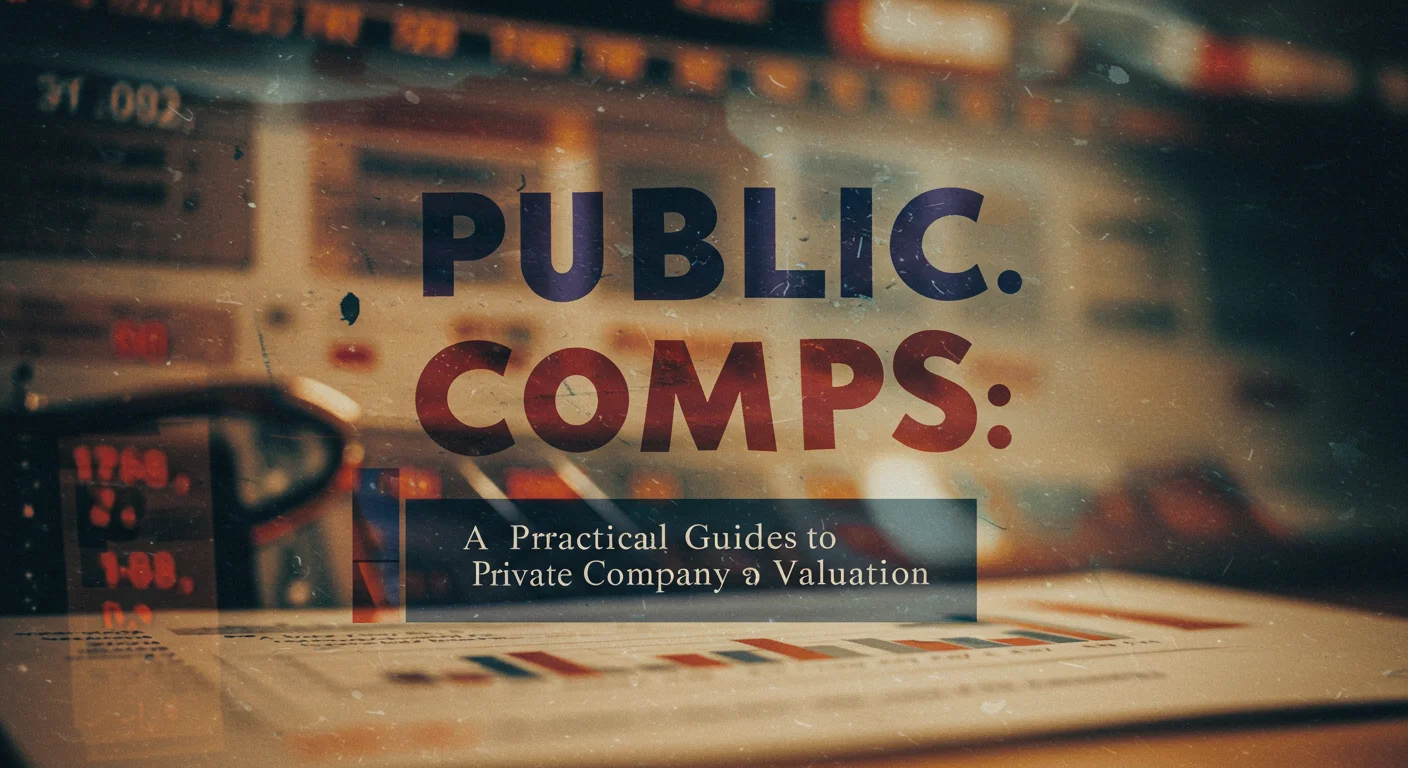SmartRoom Blog
Latest Industry News & Information
Categories
Recent Posts
-
AML Due Diligence: Complete Guide to Anti-Money Laundering Requirements, Process & Best Practices
-
IP Due Diligence: Complete Guide With Steps, Checklist, and Key Risks to Avoid
-
Best HIPAA-Compliant File Sharing Solutions: Secure, Cloud-Based Storage for Healthcare
-
Virtual Data Room for Investment Banking: Best VDR Providers, Features & Setup Guide
-
How to Evaluate M&A Targets: Identify, Value & Rank Acquisition Opportunities













